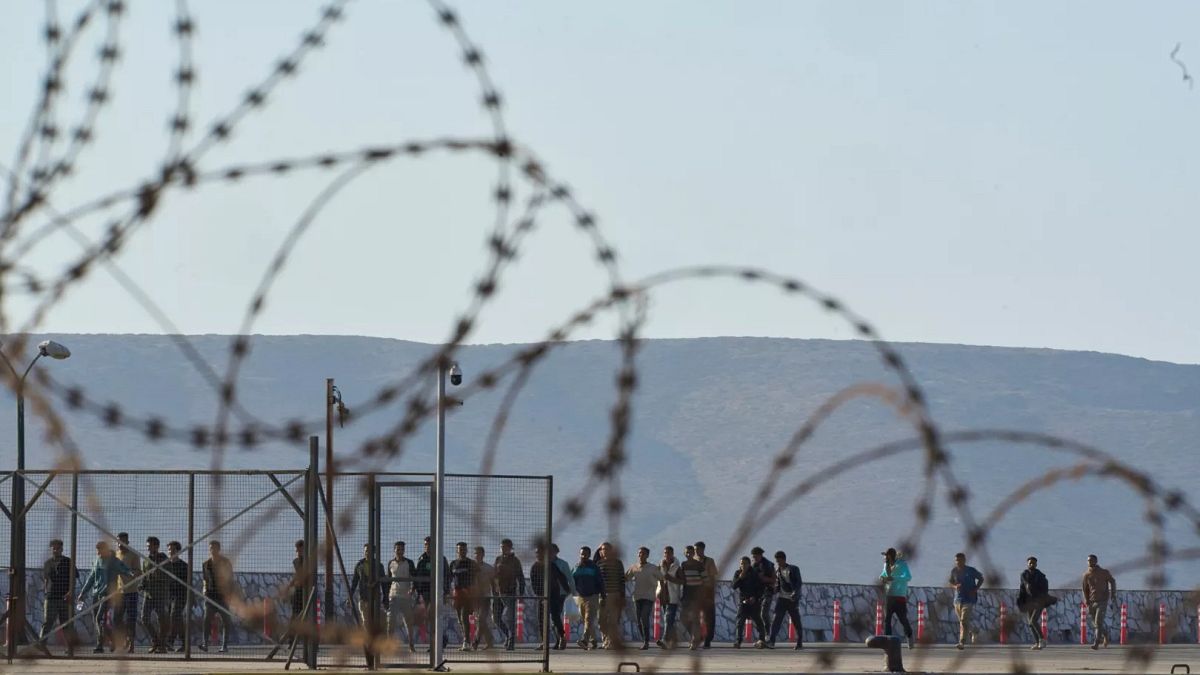

As the world’s leaders continue to meet and develop solutions for pressing global challenges, recent dialogues among prominent figures from Europe, Asia, and the Middle East have demonstrated a blend of diplomatic engagement and hopeful progress. In this light, a series of significant discussions have taken place with a primary focus on migration, peace negotiations, state recognition, and political stability, each striving towards a harmonious advancement.
Among the conversations addressing migration are recent collaborative meetings between leaders from Italy, Turkey, and Libya, who have come together to manage and mitigate the flow of refugees and migrants across the Mediterranean. The United Nations highlighted a marked increase in such movements, reporting that 32,400 individuals successfully crossed from Libya to Europe in 2021 alone, which represented more than twice the crossings from the previous year. This trilateral effort aims to create a strategic framework and provide resources that ensure safe, legal, and orderly migration pathways, emphasizing humanitarian assistance and shared responsibilities in managing this ongoing humanitarian challenge.
Meanwhile, a noteworthy development on the international stage involves French President Emmanuel Macron’s steps towards the recognition of a Palestinian state. In alignment with France’s historical stance and the broader international consensus, Macron has persistently advocated for Palestinian statehood as part of a comprehensive resolution to the ongoing conflict. While acknowledging that official recognition itself cannot alleviate immediate humanitarian concerns in the Gaza Strip, this political move serves as a strategic cornerstone paving the way for peace and stability where longstanding issues can be addressed tangibly.
On a related frontier, Ukrainian President Volodymyr Zelenskyy’s call for direct talks with Russian President Vladimir Putin signals an openness towards diplomatically resolving the ongoing conflict. This comes after Putin expressed support for peace negotiations, a step that Zelenskyy cautiously welcomes, contingent upon genuine willingness from Russia to broker a dignified and sustainable peace agreement. These overtures reflect a willingness to bridge gaps through dialogue, moving beyond technical discussions to facilitated talks at the highest levels, potentially shepherded by international stakeholders like the United States.
Adding to the atmosphere of global political dynamism, Myanmar’s military junta recently concluded the nation’s state of emergency, a state declared amidst political turmoil in February 2021. As Myanmar prepares for elections slated for December, challenges remain as opposition groups express skepticism over the fairness of these impending elections, describing them as mechanisms to entrench military power. Despite criticisms from international monitors and internal factions, the lifting of emergency powers marks a nominal step towards restoring political normalcy and engagement within the nation, albeit with caveats concerning the legitimacy and inclusiveness of the electoral process.
Together, these narratives of diplomatic endeavors underscore the intricate balance of power and dialogue in the international landscape. Whether through cooperative efforts to manage migration, recognition of states seeking sovereignty, calls for peace between nations, or the path to political stability, these stories highlight the potential for peaceful resolution and forward momentum. They serve, collectively, as a reminder of the capacity for human resolve and collaboration to shape a future defined by constructive solutions and mutual understanding. As these processes unfold, they foster a space where peace and cooperation can flourish, nurturing the aspirations for a better and more connected global future.
Source: {link}
